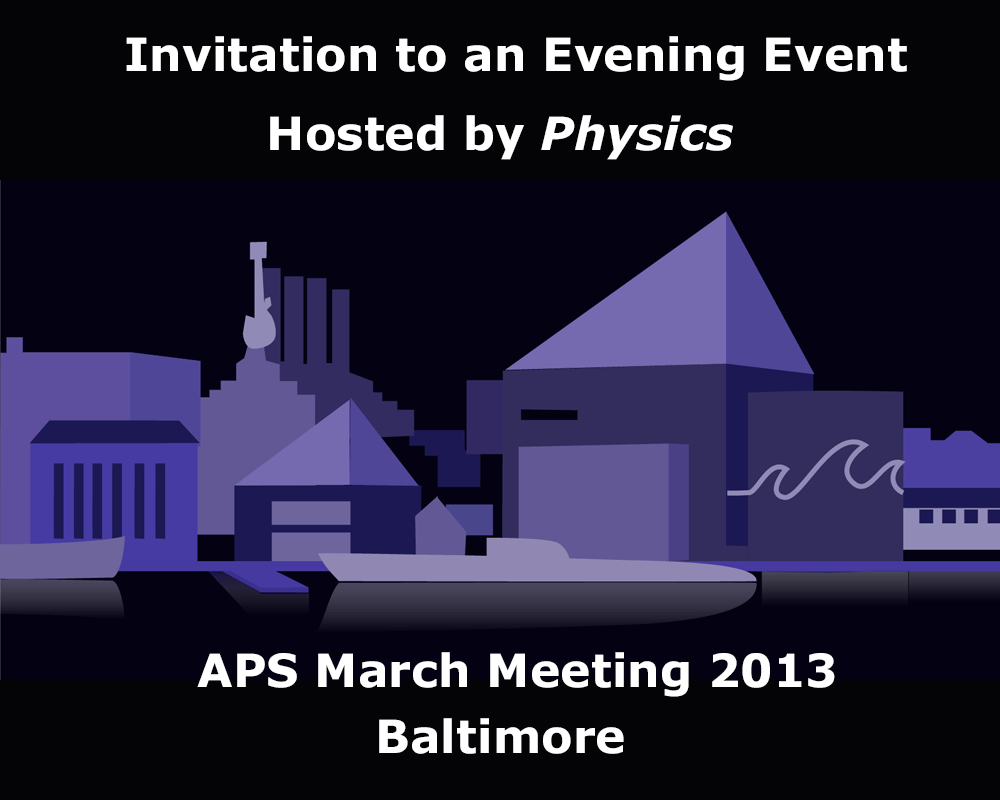An Invitation from Physics
We’re thrilled to have Bill Phillips as the speaker at Physics’ annual APS March Meeting evening session.
Dr. Phillips was among three physicists awarded the Nobel Prize in 1997 for his contributions to the development of laser cooling methods. As a staff physicist at the Joint Quantum Institute of NIST and a professor at the University of Maryland, College Park, he continues to explore the physics of ultracold atoms, including single-atom qubits and atomic analogs of condensed matter systems. He is also widely recognized for his ability to communicate physics to the public.
True to the spirit of Physics, he will be reaching across disciplines in a talk titled “Why Condensed Matter Physicists Should Pay Attention to Atomic Physics.” (Abstract)
The event takes place Wednesday March 20th in Ballroom IV of the Baltimore Convention Center. Join us at 7:30 pm for some pre-talk socializing over pizza and beer. Talk starts at 8. Look for Session S48 in the meeting program. For those that can’t make it, we’ll post a video of the talk soon.
– The Editors





